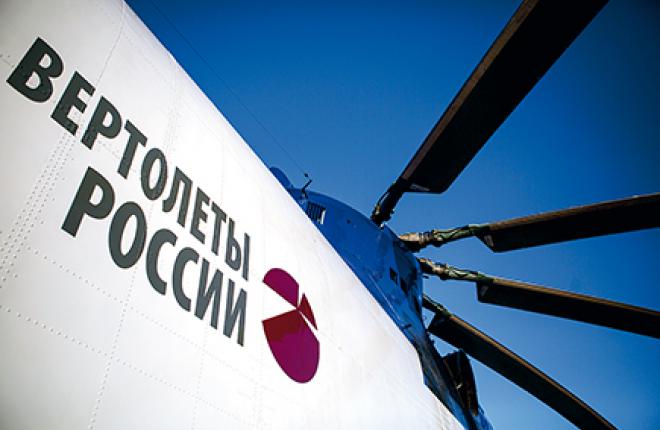Russian Helicopters’ profit doubles

The Russian Helicopters holding company has reported an MFRS net profit of 20.7 billion rubles for 2014 ($40 million at the current exchange rate), or 118.6% up year-on-year.
The company’s other financial indicators also grew, albeit at a smaller scale: its revenue increased by 22.8% to 169.8 billion rubles, while EBIDTA stood at 47 billion rubles (78.7% up year-on-year).
Russian Helicopters puts the increase down mainly to the deliveries and servicing of military helicopters: the growth in these two segments amounted to 31% and 146.1% respectively. By contrast, profits from sales and maintenance of civil airframes declined by 41.7% and 1.9% respectively.
Commenting on the 2014 results, Russian Helicopters General Director Alexander Mikheyev mentioned combination of the ruble’s depreciation and a hefty export orderbook as a key reason for his company’s financial performance. In terms of revenue distribution by customers’ jurisdiction, 37.4% of the revenues came from Russia, compared to 45.8% the year before.
Russian Helicopters delivered 271 airframes in 2014, against 275 in 2013. The firm orderbook shrank to 546 aircraft by the end of 2014, from 808 the year before.
Russian Helicopters’ 2013 profit was 1.3% up year-on-year; its revenue, 10.0% up; and EBIDTA, 27.0% up.
Ссылки по теме
- Для того, чтобы оставить комментарий, не привязанный к социальной сети, войдите или зарегистрируйтесь на нашем сайте.









